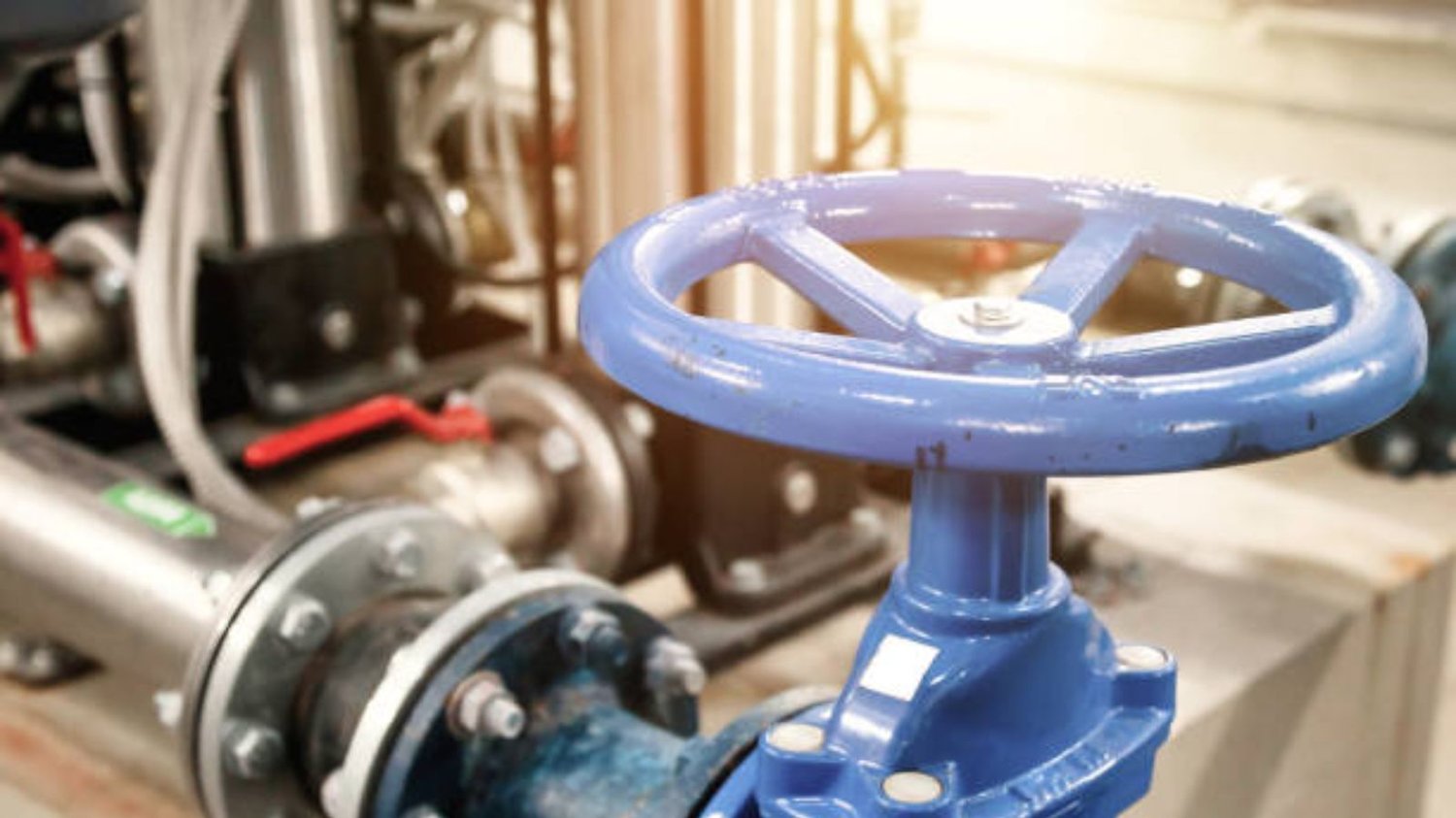Choosing the Right Impeller for Sewage Water Pumping: A Comprehensive Guide
When it comes to pumping sewage water, selecting the right impeller is crucial to ensure efficient and effective operations. Impellers come in different types, each with their unique characteristics and performance capabilities. In this article, we will explore the various types of impellers and which one is most suitable for pumping sewage water.
1. Understanding the Impeller
An impeller is a rotating component of a centrifugal pump that applies centrifugal force to the fluid being pumped, increasing its pressure and providing the necessary flow rate. It consists of blades or vanes that rotate around a central hub, generating flow and pressure. Impellers come in different sizes, shapes, and materials, depending on the pump's application and the fluid being pumped.
2. Types of Impellers
There are two main types of impellers: open and closed. Open impellers have vanes that are attached to a central hub without a shroud, allowing solids and debris to pass through the pump without clogging. Closed impellers, on the other hand, have vanes that are enclosed within a shroud, making them more efficient but more prone to clogging.
3. Semi-Open Impeller
A semi-open impeller is a type of impeller that has vanes attached to a central hub, with one side of the impeller left open. This design allows the impeller to handle fluids with some solids content, making it suitable for sewage water pumping. Semi-open impellers are commonly found in wastewater treatment plants and combined sewer systems.
4. Vortex Impeller
A vortex impeller is a type of impeller that generates a vortex or whirlpool effect as it rotates, making it ideal for handling fluids with high solids content. The vortex action creates a low-pressure zone in the center of the impeller, allowing solids and debris to pass through without clogging. Vortex impellers are commonly used in sewage and wastewater pumping applications.
5. Channel Impeller
A channel impeller is a type of closed impeller that has curved vanes that create a channel in the impeller, directing the flow of fluid through the pump. Channel impellers are commonly used in applications where high flow rates and low head are required, such as in sewage pumping stations.
6. Screw Impeller
A screw impeller is a type of impeller that has a screw-like shape, providing a continuous flow path for the fluid being pumped. The screw action of the impeller allows it to handle fluids with high solids content and viscous fluids, making it suitable for sewerage applications. Screw impellers are commonly used in sludge pumping and dewatering applications.
7. Chopper Impeller
A chopper impeller is a type of semi-open impeller that has blades with sharp edges designed to chop and shred solids and debris as they pass through the pump. The chopped debris is then pumped out along with the fluid, making it suitable for pumping sewage water that contains fibrous and stringy materials. Chopper impellers are commonly found in sewage lift stations and treatment plants.
8. Grinder Impeller
A grinder impeller is a type of impeller that grinds solids and debris into smaller particles, reducing the risk of clogging and blockages. The ground-up solids are then pumped out along with the fluid, making it suitable for sewage water pumping. Grinder impellers are commonly used in municipal wastewater treatment plants and industrial applications.
9. Conclusion
Choosing the right impeller for pumping sewage water depends on various factors, including the type and amount of solids present, flow rate, and head pressure. Each impeller type has unique characteristics and performance capabilities, making it crucial to select the right one for the job. Consider partnering with a trusted pump supplier who can help you determine the best impeller for your specific application needs.
10. Related Keywords
Additional long-tail keywords related to this topic include:
- Choosing the best impeller for sewage water pumping
- Impeller types for pumping sewage water
- Sewage water pump impeller selection guide
- Impeller materials for handling sewage water
- Efficient impeller design for wastewater treatment plants

